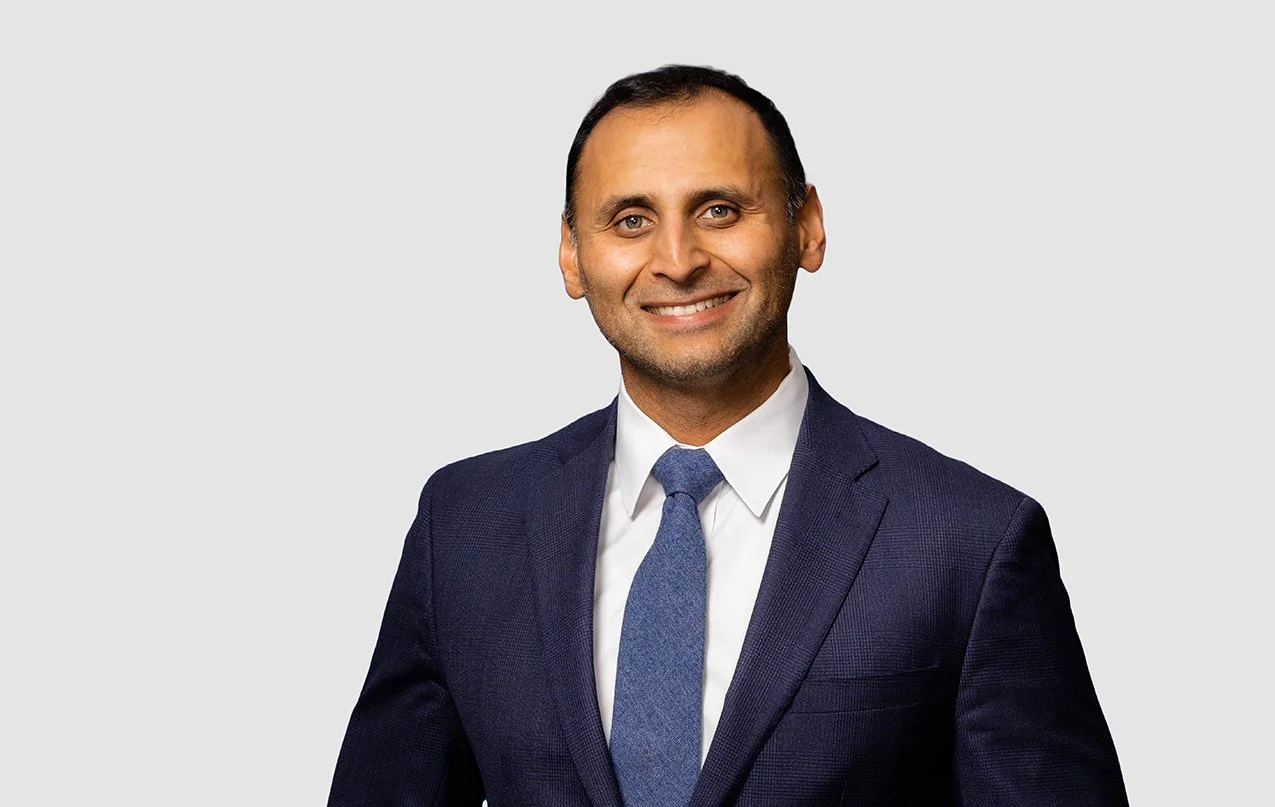NYCBA nominates Muhammad U. Faridi as next president
/Muhammad U. Faridi, who was nominated to be the next president of the New York City Bar Association this week. Photo courtesy of Patterson Belknap Webb & Tyler LLP
By Ryan Schwach
Muhammad U. Faridi, a lawyer raised in Pakistan and Brooklyn, was nominated on Wednesday to be the next president of the New York City Bar Association.
Faridi, the only person nominated for the role, will likely be voted into the leadership position this May, becoming the first Muslim American to hold the position.
“I'm quite humbled and honored to be nominated and follow the steps of those who came before me – it's going to be challenging because it's very big shoes for me to fill,” Faridi told the Eagle over the phone on Wednesday. “And the fact that I am the first Muslim American to have been nominated, that fact is not lost on me, and I'm proud to represent my community.”
Faridi was nominated for the role by the NYCBA nominating committee, and will take the reins from outgoing president, Susan Kohlmann.
"Just as he has in his legal career, Muhammad Faridi has distinguished himself as a leader at the City Bar over the years, from his chairing of our Capital Punishment Committee to his contributions on our board of directors, among many other roles,” said NYCBA Executive Director Bret Parker. “We believe he is an excellent choice to lead the City Bar beginning next spring."
Faridi grew up in Pakistan, and moved to the U.S when he was 12-years old, settling in Brooklyn. His mother was a homemaker and his father worked as a New York City livery cab driver.
“I’m a New York City kid at heart,” he said. “I've got the experience that is probably the most emblematic of a New York City kid.”
Faridi says he worked in several restaurants growing up, and attended CUNY’s John Jay College of Criminal Justice for his undergraduate degree before deciding he wanted to pursue a career in law and attend law school.
He attended the CUNY Law School in Queens, and began his legal career clerking for Federal Court Judge Jack Weinstein.
“That was quite an experience,” Faridi said. “He remained as a mentor for me over the years.”
Going into his own practice, Faridi mostly focused on commercial litigation, but did a good amount of pro bono work, including for migrants seeking asylum refugee status.
“I've represented the family of a young Black man who was shot and killed by the police, I've represented Muslim communities in the past who were trying to build a mosque but the bigoted towns wouldn’t allow them to do so,” he said.
He says that his upbringing as an everyday New York City kid, makes it easier to understand his role as a lawyer in serving those same neighborhoods.
“I think I know the issues that affect our communities,” he said. “I've grown up in these areas and have many friends who grew up in these areas in the city and I continued to live in the city.”
“I think that informs not just the work that I want to do with the City Bar Association but with the work that I do in my everyday life,” he added. “It's one of the reasons I continue to do a lot of pro bono work.”
He also serves on the boards of the Teak Fellowship, the National Center for Law and Economic Justice, the John Jay College Foundation, and the City University of New York School of Law, and is co-editor of Bloomberg’s Commercial Division Practice Guide.
For his work with the NYCBA, Faridi previously served as vice president, chair of the board, chair of the Capital Punishment Committee, co-chair of the Committee on the Recruitment and Retention of Lawyers and on several other committees, including International Human Rights, the Rule of Law Task Force and the Mass Incarceration Task Force.
“The City Bar has a very, very fine tradition of encouraging a very diverse legal profession to practice with excellence, to promote the reform of the law, to uphold the rule of law, and to ensure access to justice for those people within our communities who lack it,” he said.




